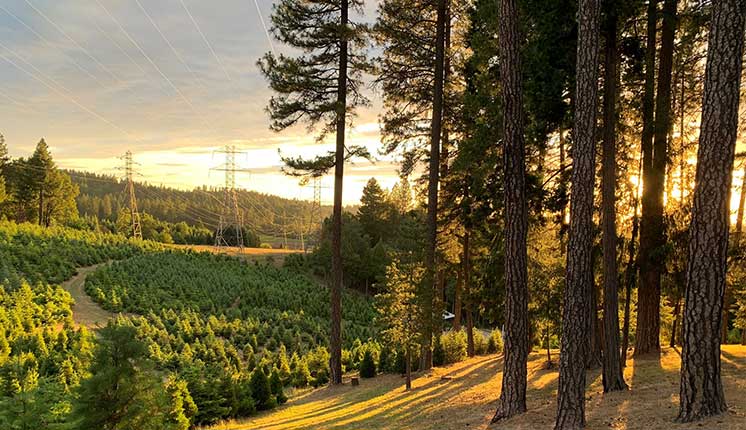
On June 30, the Legislature passed and Governor Newsom signed Senate Bill 131, which is a budget trailer bill that makes numerous changes to the California Environmental Quality Act (CEQA).
Responding to widespread criticism about CEQA misuse and delays, Senator Scott Wiener (D-San Francisco) introduced Senate Bill 607, which would have made several transformative changes to CEQA. That bill, which RCRC co-sponsored with several housing organizations, was ultimately injected into the budget process and several of its components were included in SB 131.
While not as transformative as SB 607, SB 131 still provides much needed CEQA relief, including:
- Declares that CEQA should not be used primarily for economic interests, to stifle competition, gain competitive advantage, or delays projects for reasons unrelated to environmental protection.
- Vests responsibility for determining whether a project is exempt from CEQA in the lead agency.
- Allows housing projects that would otherwise be exempt from CEQA but for a single condition to focus the project’s environmental review on the effects caused by that single condition. For these “near miss” projects, the bill states that environmental impact reports are not required to discuss alternatives to or growth-inducing impacts of the projects.
- Narrows the scope of documents that must be included in the administrative record under CEQA.
- Exempts from CEQA:
- Rezonings that implement the actions contained in an approved housing element, except for construction within the boundaries of any natural and protected lands, as defined in Public Resources Code Section 21067.5.
- New agricultural employee housing projects meeting certain requirements.
- Repair or maintenance of existing farmworker housing projects.
- Until 2032, projects to provide sewer service to a disadvantaged community served by inadequate sewage treatment systems provided that the project meets certain labor standards. Also extends for four years an existing CEQA exemption for drinking water projects that meet certain labor standards.
- Until 2030, community water system projects funded by Proposition 4 or the Safe and Affordable Funding for Equity and Resilience program.
- Wildfire risk reduction projects, including:
- Prescribed fire or fuel reduction projects under 50 acres and located within ½ mile of a subdivision of 30 or more units after consulting with the Department of Fish and Wildlife to avoid or minimize impacts on protected species and wildlife nursery sites.
- Clearance of defensible space 100’ from the centerline of a public roadway identified as an egress and evacuation route for a subdivision or community of 30 or more dwelling units.
- Establishment or enhancement of residential home hardening and defensible space within 200’ of a legal structure located in a high or very high wildfire hazard zone.
- Construction of a fuel break that extends up to 200’ from structures, including clearance of trees less than 12” in diameter at chest height.
- Broadband projects along or within 30’ of the right of way of any public road or highway.
- Updates to the state’s climate adaptation strategy.
- Actions and approvals related to planning, design, site acquisition, construction, operation or maintenance of a public park or nonmotorized recreational trail funded by Proposition 4.
- Day care centers not located in a residential area
- Rural health clinics and federally qualified health centers less than 50,000 square feet.
- Nonprofit food banks and food pantries.
- Advanced manufacturing facilities, as defined in PRC 26003, located on industrial sites.
- Construction or operation of a heavy maintenance facility or passenger rail station that serves high speed rail.
The Legislature indicated that there will be more work to “clean up” the provisions of SB 131, which will likely include technical amendments, tribal consultation, refinements to protect habitat for listed species, and potentially labor requirements. RCRC will continue to participate in those discussions in the weeks ahead.
AB 130, another budget trailer bill also signed into law June 30, creates a new CEQA exemption for infill housing projects under 20 acres either located within the boundaries of a city or within an urban area and that meets other site and prevailing wage requirements.
For more information, contact RCRC Senior Policy Advocate, John Kennedy.
